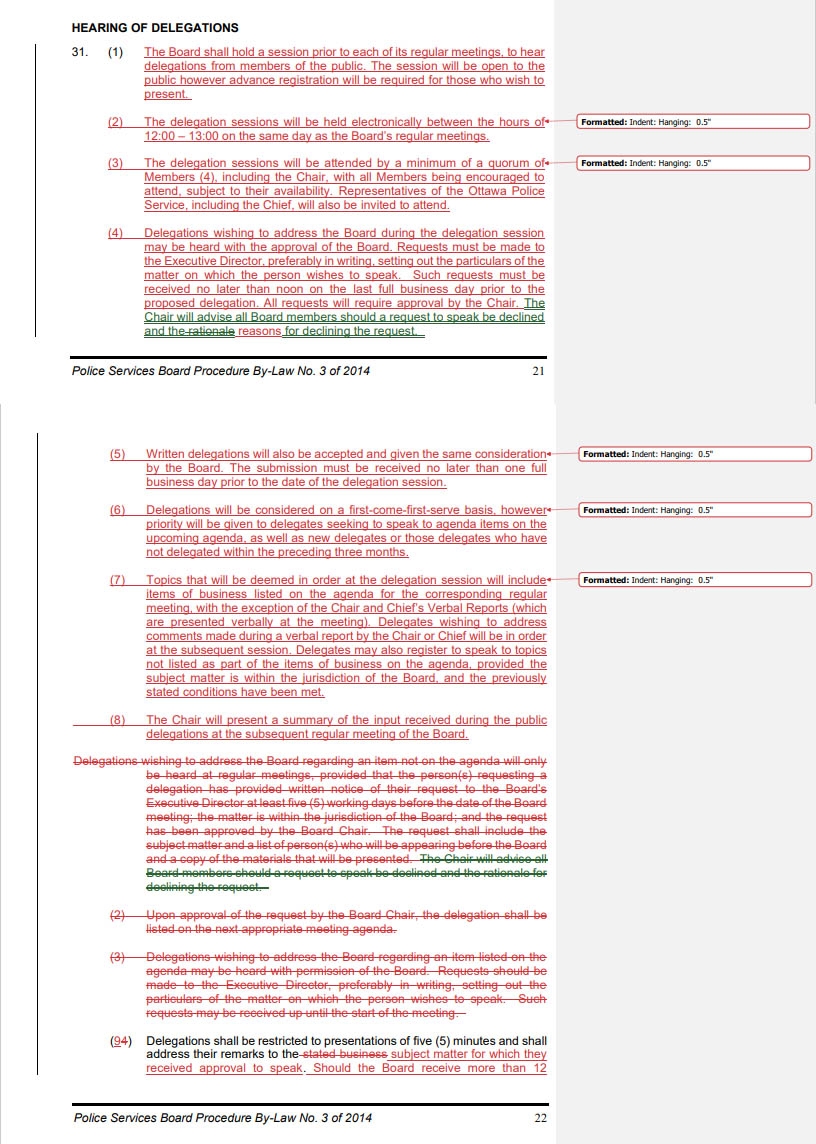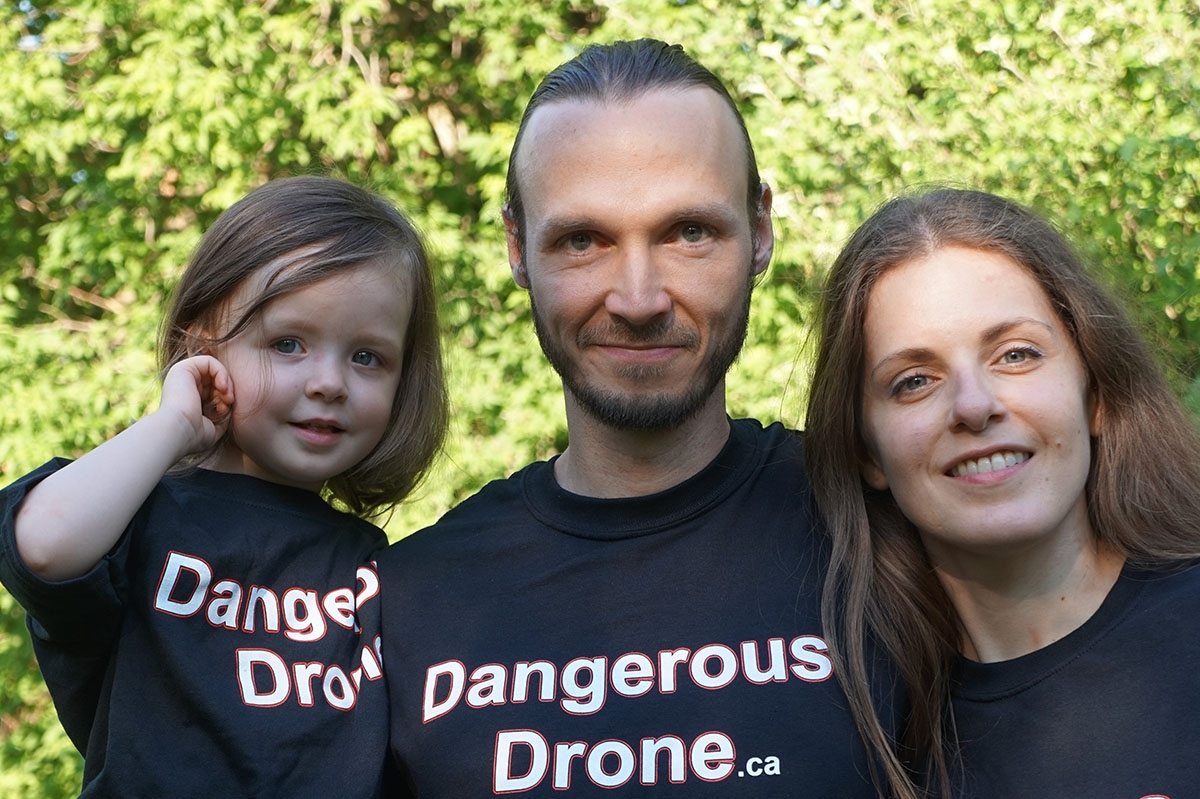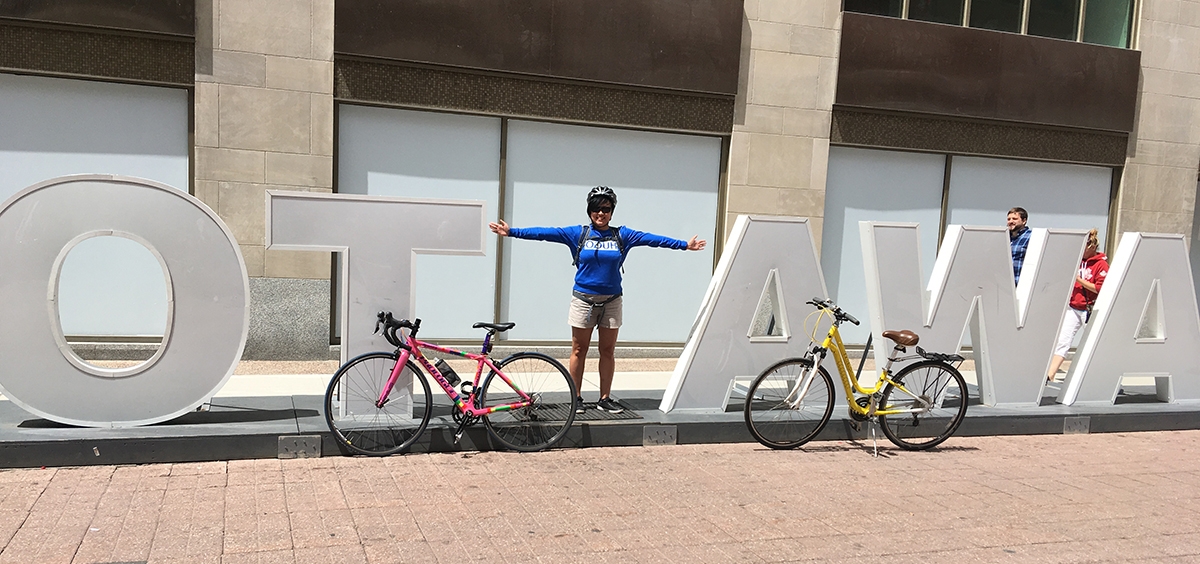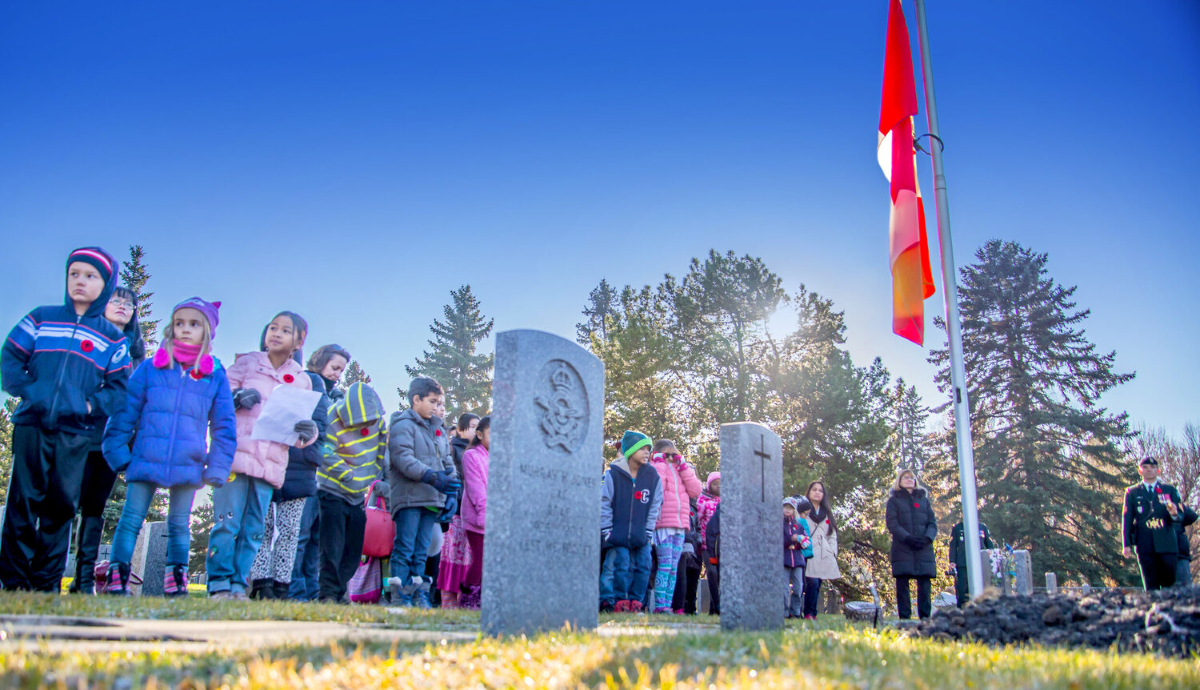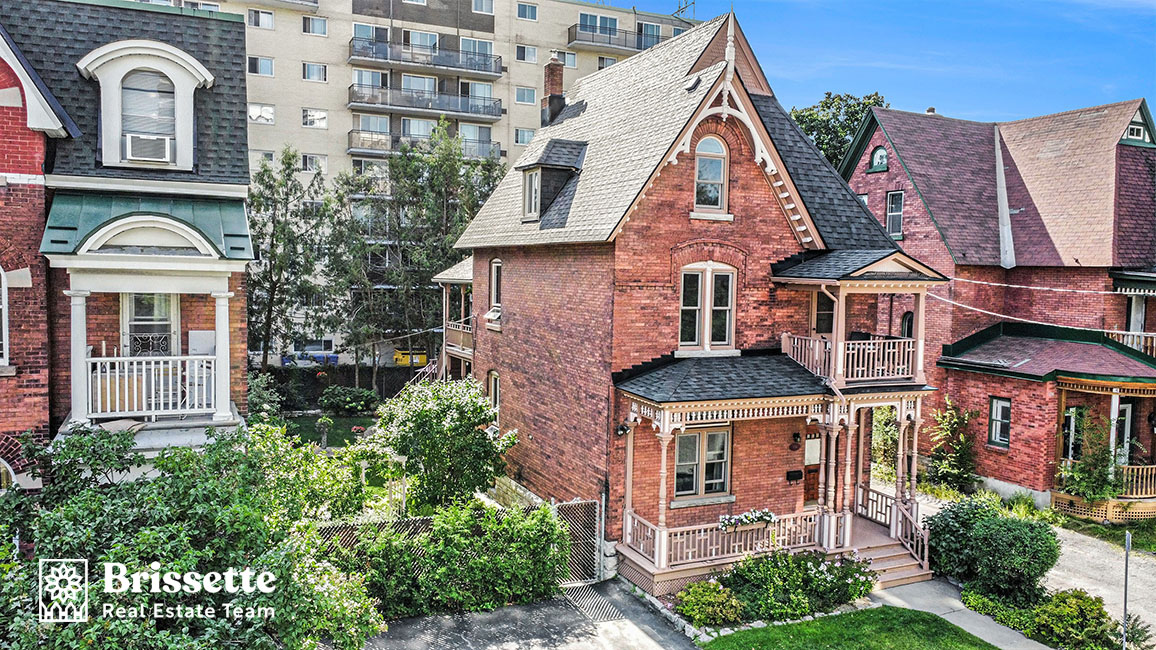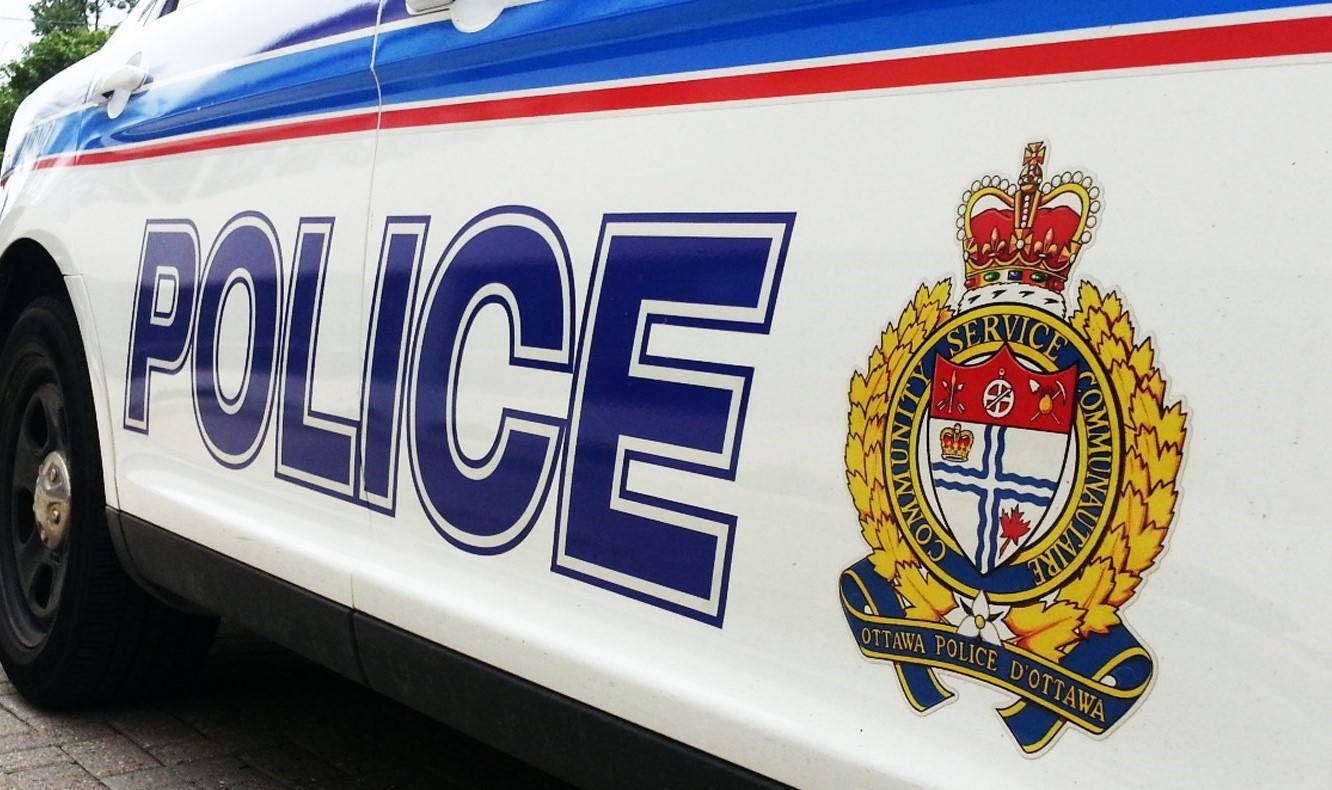
Another big failure by the Ottawa Police Services Board.
The Ottawa Police Service will begin its budgetary period in the next few weeks. It is holding the first Police Services Board meeting of the year on January 23rd. However, with a new mayor, a new police chief, and new board members, the Ottawa Police Services Board appears to be stepping in the wrong direction when it comes to dealing with the public, whose taxes pay for the costs of law enforcement in the city.
The Ottawa Police Service (OPS) budget makes up a massive percentage of the local municipal budget, yet it is set independently of the mayor and councillors. The OPS budget in 2022 was over $346 million. This is more than many countries spend on their military in a year. The eastern European country of Bosnia and Herzegovina, with nearly four million citizens, has a defence budget of USD$158 million.
Since the 2016 death of Abdirahmen Abdi at the hands of the OPS and the June 2020 march for racial justice with its demands to defund the police, many citizens of Ottawa want a say in how the OPS uses their tax dollars.
The one place residents of Ottawa can voice their concerns about policing is at Ottawa Police Services Board (OPSB) meetings. Citizens can register to attend as delegates and address the board. During the 2021-2022 budgetary process, there were often more than a dozen delegates at every meeting where almost all delegates opposed a budget expansion for the OPS. With the city still reeling from the pandemic, citizen delegates voiced concern about the homelessness crisis, the addiction crisis in the ByWard market, and how OPS officers needed to be replaced by social workers in non-violent or non-criminal situations such as mental health crisis.
Despite the dozens of community activists who came out to speak, the standard procedure of the OPSB was to say nothing, not even a thank you for your comments. The vast majority of the time, nothing at all was said, and the OPSB meeting would continue. It was surreal to see the blank stares of Steven Bell and Diane Deans after a citizen had just made a plea to stop sending armed officers to mental health calls.
If ignoring delegates was a problem enough last year, the situation looks to get much worse in 2023. Possible updated OPSB delegate rules not only seem to amplify the indifference that appointed members and Ottawa’s top cops can get away with, but they also appear to aim to stifle public input.
ABOVE: The updated rules governing Delegate presentations to the OPDB.
Amendments to the Bylaws governing meetings of the Ottawa Police Services Board and how they interact with delegates are being voted on at the Monday, January 23 OPSB meeting. These amendments will fundamentally change how citizens communicate. Most egregiously and anti-democratically, the speakers will not be able to address the meeting itself but instead to a "delegate session" from 12 p.m. to 1 p.m. the day of the meeting. An overview of the concerns raised will then be presented to the board.
Police Services Board meetings generally take place at 4 p.m., and delegates are allowed to speak an hour or so into a meeting, meaning that the meeting is relatively accessible to those with children or with a job. More outrageous is amendment six to the delegates section of the rules, which will prioritize first-time speakers. This is highly problematic. Activist groups and concerned citizens who frequently communicate with the board about their concerns will be ignored or pushed to the back of the queue. It’s essentially a punishment for continued advocacy. Even more shocking is amendment 11 will forbid citizens from asking questions directed to the board or particular members. What’s the point in having delegations if citizens can’t ask questions?
So, not only will members of the board not have to reply to the concerns of citizens who care enough to partake in the democratic process, citizens will not be able to speak directly to the board, they will have to take time off work to address the "delegation section," and if you're a concerned citizen who is involved in police activism, you’re likely to be pushed to the back of the line.
For any citizen, these measures should be of extreme concern.
Monday, January 23rd's OPSB meeting will be the last time delegates can speak relatively freely. Citizens of Ottawa should not allow the OPSB to conduct business as if it were a police state.
Residents of Ottawa will indeed be questioning if their new chief of police has brought this policy with him from his previous job at the RCMP, an organization with a failure of a management team and an even worse communication policy.
Read the updated By-law proposals here.

